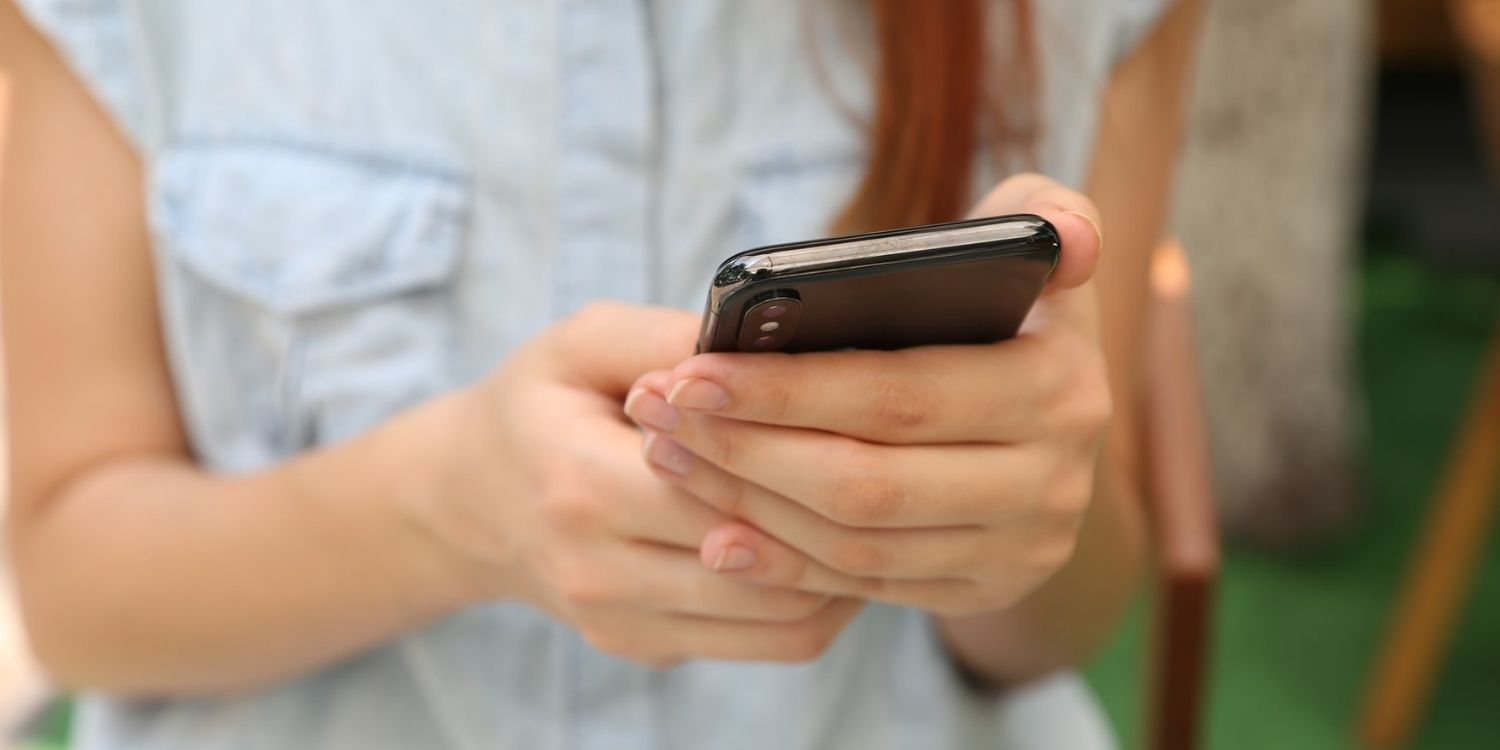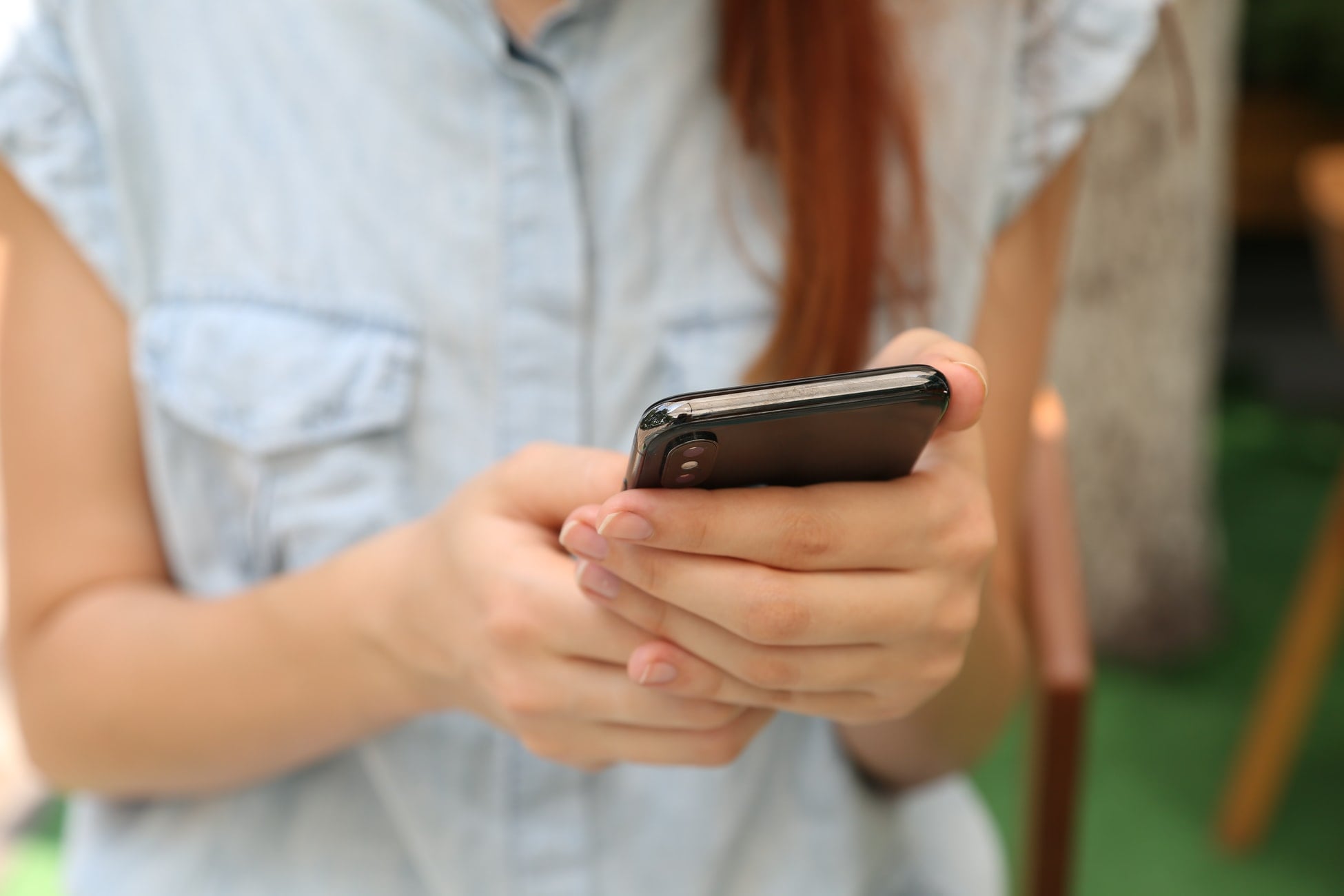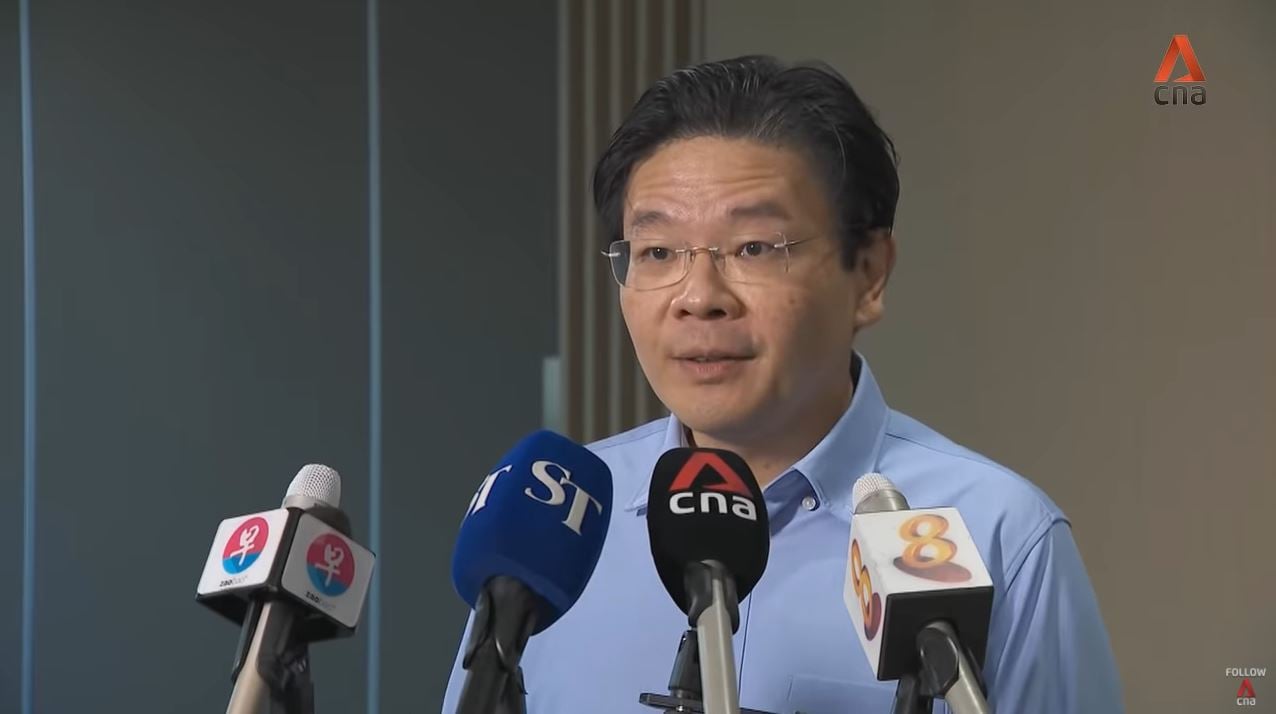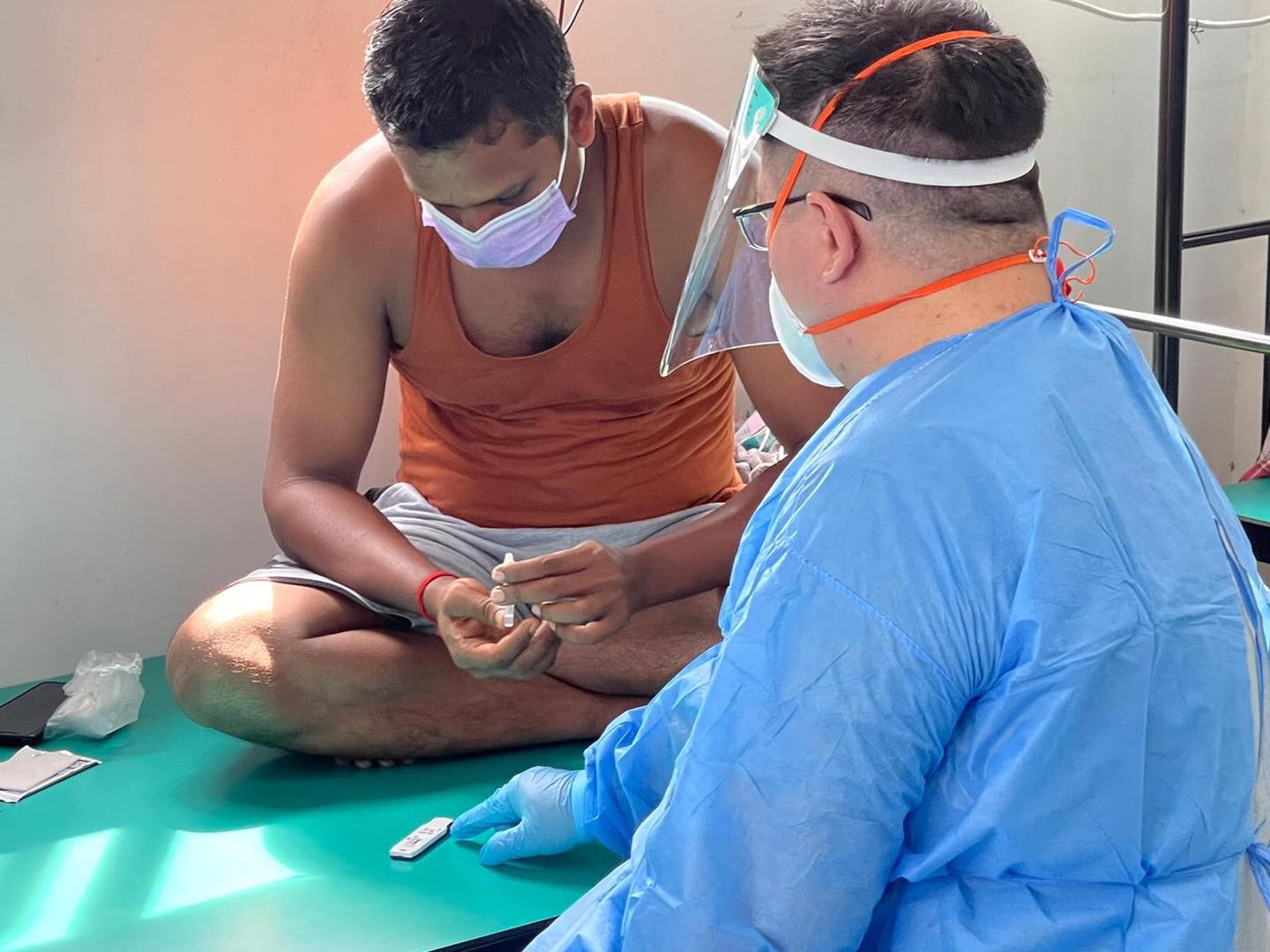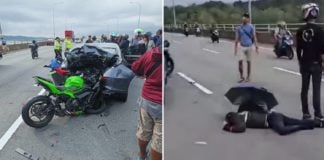Health Risk Warnings & Alerts To Be Sent To Those With Exposure Risk
As the number of Covid-19 cases in the community rises, the Government has said there’s no need to tighten restrictions yet.
However, some actions will still be taken to reduce the virus’ spread as much as possible.
One of them will be Health Risk Warnings (HRW), which will be sent to people with risk of exposure to Covid-19.
Those who receive a HRW will be required by law to get a Covid-19 test.
MOH will send 2 types of messages
In a media release on Monday (6 Sep), the Ministry of Health (MOH) laid out 2 new types of messages they’ll be issuing to people.
Besides the HRW, less urgent Health Risk Alerts (HSA) will also be sent out.
They are not Quarantine Orders (QOs), but their purpose is to “cast a wide net” around cases, and contain clusters quickly.
HRW recipients must get PCR test
The main difference between the 2 is that those who get a HRW will be required by law to get a Polymerase Chain Reaction (PCR) test.
Note that’s a PCR test, not the less accurate but more comfortable Antigen Rapid Test (ART).
They must also self-isolate until they receive a negative result from their 1st test.
Even so, it won’t be over yet – HRW recipient will also need to do ART tests after that.
Eventually, they must do a 2nd PCR test on the 14th day from the 1st one.
HRW recipients are not close contacts
In a press stop on Monday (6 Sep), Finance Minister Lawrence Wong told the media that those who get HRWs are not deemed as close contacts of a Covid-19 case.
Close contacts would already have been served QOs, he said.
Rather, HRW recipients are in the “wider ring” of exposure risk, i.e. not close contacts but with some exposure.
No mandatory action needed for HRA recipients
In contrast, HRA recipients are in the “outermost ring”, Mr Wong said, where the authorities are just casting the widest possible net.
Those who get an HRA don’t need to take any action required by law.
However, they’re strongly encouraged to go for a PCR test as soon as possible.
Both HRW and HRA recipients should also cut down on social interactions for 14 days.
How you might get an HRA
Mr Wong, who co-chairs the Multi-Ministry Task Force (MTF) handling the pandemic, gave an example of how someone might get a HRA,
Let’s say you are in a mall at the same time as we saw a cluster, and you may not have any interaction with the infected person, but you were at the same time based on SafeEntry data.
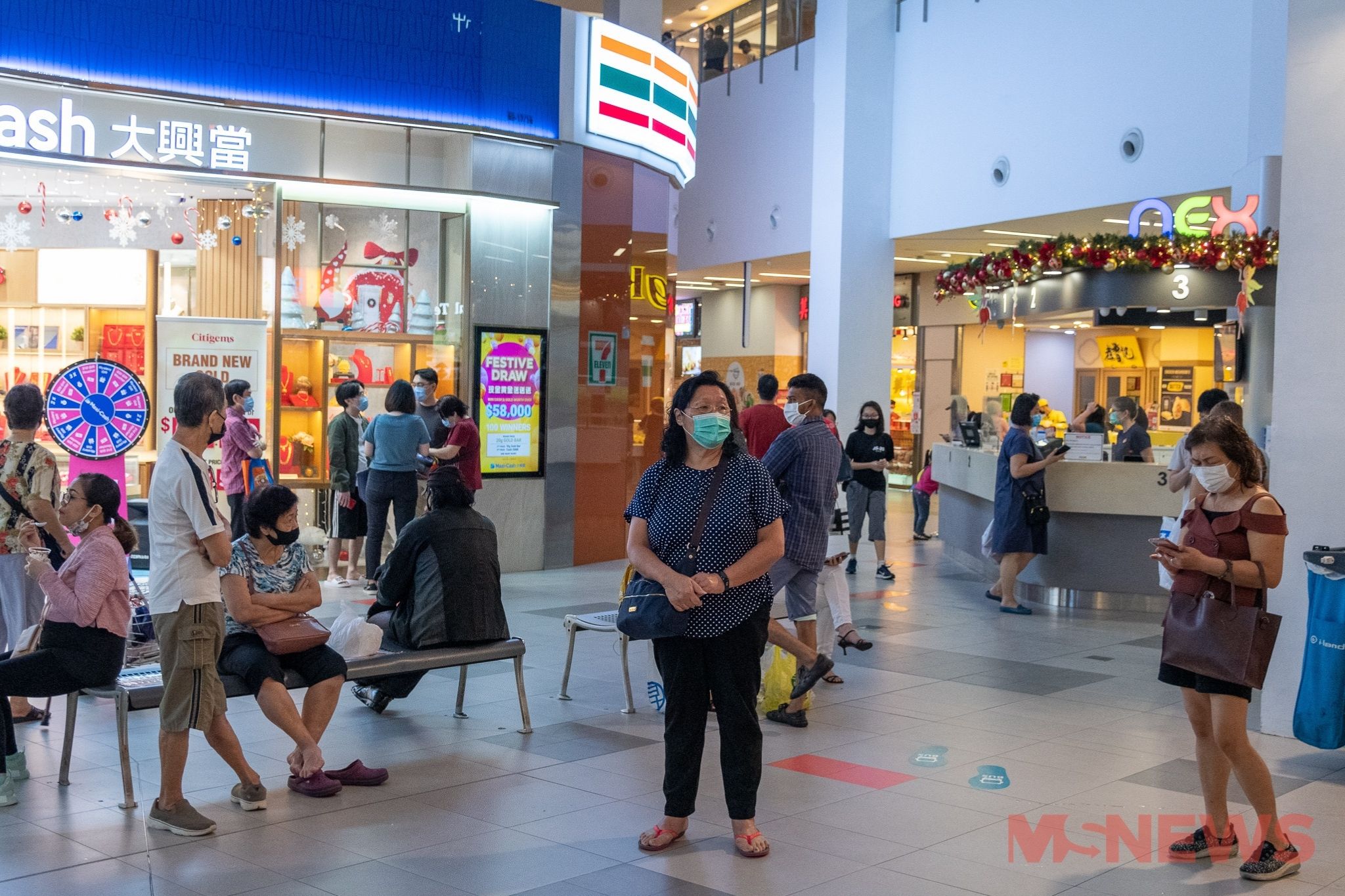
In that case, one would get a HRA just to “notify you” so you can take the necessary precautions, he added.
More people will potentially get alerts
Though they’re already multiple rings of exposure risk put in place, the authorities will cast the net wider, Mr Wong said.
Thus, “more people will potentially get alerts”.
MOH also said that more people will be issued HRWs or HRAs, as more cases circulate in the community.
More frequent testing for staff in higher-risk settings
Apart from sending messages to the public, staff working in higher-risk settings will also be tested more often, MOH said.
This is regardless of whether they’re vaccinated or not.
Currently, these staff already undergo Fast and Easy Tests (FETs) once in 2 weeks.
This will now be increased to once a week from 13 Sep.
More workers to undergo mandatory testing
Also, more workers will undergo this mandatory testing.
Staff in F&B, personal care services, and gym and fitness studios are already doing it.
It will soon be extended to more staff and those who work in settings with frequent community interactions, including:
- retail mall workers
- supermarket staff
- last-mile delivery personnel (including parcel and food delivery personnel)
- public and private transport workers (taxi drivers, private hire car drivers and all public transport frontline staff)
Thankfully, the Government will subsidise the costs of all tests till the end of 2021.
Stay safe while you’re out & about
Despite the surge in cases, our public places seem more crowded than ever.
That means most people will inevitably receive an HRW or HRA due to possible Covid-19 exposure.
If you get one, please do what’s required of you for the health and safety of the community.
Above all, when you’re out and about, do stay safe by wearing your mask properly, washing your hands frequently and following safe distancing rules.
If possible, try to minimise your social gatherings too.
Have news you must share? Get in touch with us via email at news@mustsharenews.com.
Featured image by Yura Fresh @ Unsplash.

Drop us your email so you won't miss the latest news.
